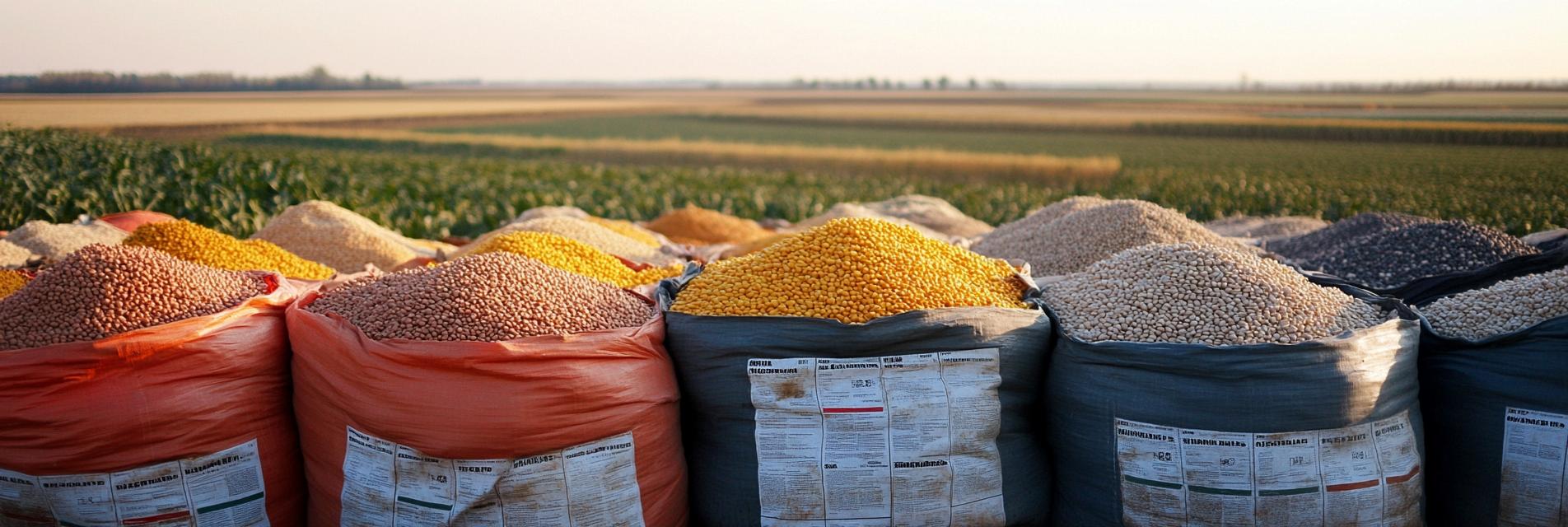Ammonium sulfate, a widely used nitrogen fertilizer, plays a crucial role in agricultural productivity across the globe. Its solubility and nutrient profile make it a preferred choice, especially in the cultivation of certain crops. Understanding the international market for ammonium sulfate is vital for stakeholders looking to optimize its utilization and address specific agricultural challenges.
The international market for ammonium sulfate is characterized by varying demand trends driven by global agricultural practices. Regions with intensive agricultural activities tend to have higher consumption rates due to the specific nutrient requirements of crops. The dynamics of this market are influenced by several factors, including regulatory policies, import/export restrictions, and the economic conditions of producing countries.
Ammonium sulfate finds extensive use in agriculture, particularly in the following scenarios:
However, the effectiveness of ammonium sulfate depends significantly on the specific crop and soil conditions. Therefore, it is essential for farmers to tailor their fertilizer strategies accordingly.
While ammonium sulfate offers notable benefits, its use is not without challenges. Farmers often face issues such as:
To address these challenges, it is essential to adopt integrated approaches that include:
By implementing these solutions, farmers can optimize the use of ammonium sulfate, ensuring healthier crops and sustainable agricultural practices.
In conclusion, the international market for ammonium sulfate presents both opportunities and challenges for agricultural stakeholders. Understanding its applications, as well as the potential issues associated with its use, is crucial for effective crop management. By adopting best practices, farmers can harness the benefits of ammonium sulfate while contributing to sustainable agriculture.
